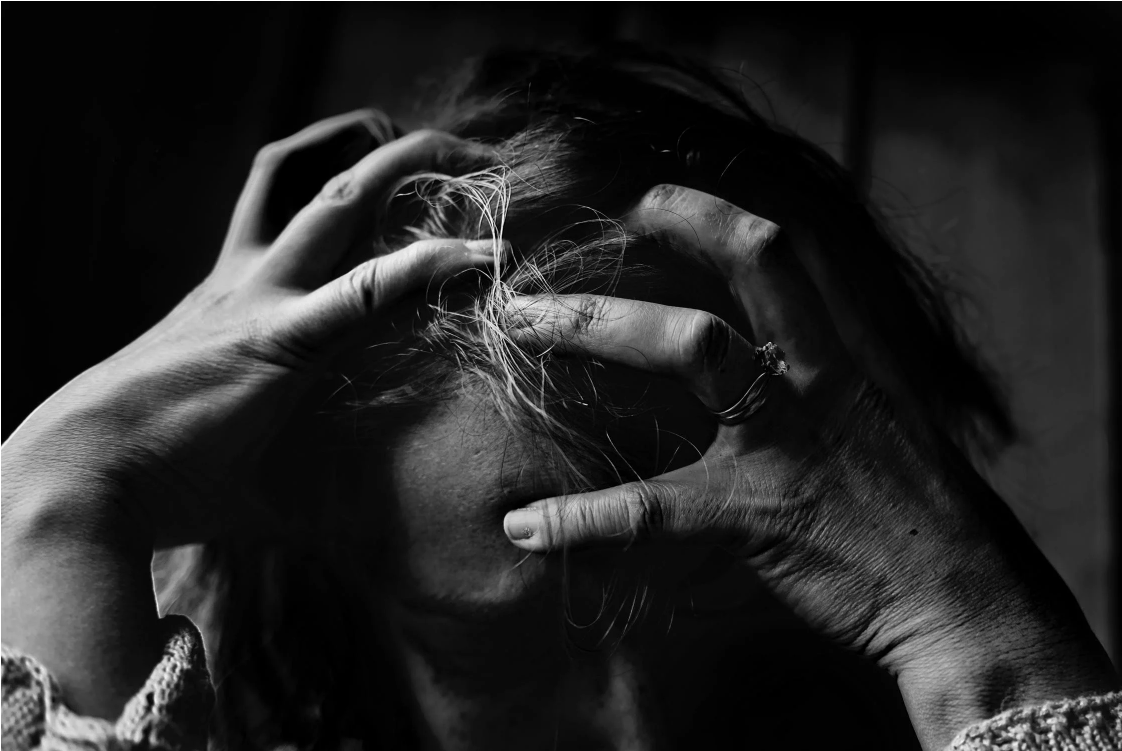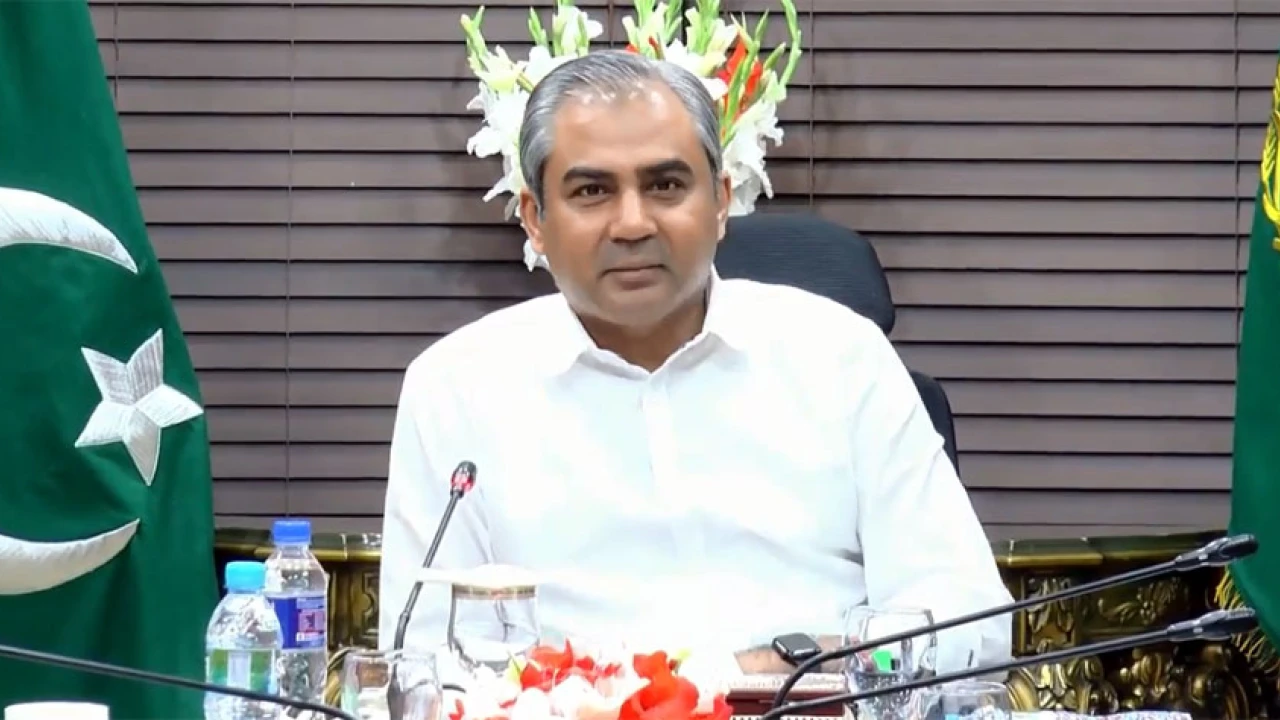One can find the ability to overcome the PTSD and return to a higher quality of life
Post-Traumatic Stress Disorder can be one of the hardest mental illnesses to tackle. Many people have a hard time grasping the fact that they have PTSD, as it is often associated with the aftereffects of having gone to war. In actuality, this can arise from any traumatic incident, such as an abusive relationship, a road accident, the death of a loved one, and so on.
What Causes PTSD?
During any traumatic event, one will experience a fight-or-flight response. The nervous system kicks into high gear to ensure your survival. However, extreme levels of stress can result in the feeling of fear, disconnection and anxiety continuing long after the traumatic event itself is over. In a way, your mental state is stuck in the fight-or-flight state, and it cannot free itself naturally. At this point, one needs to seek out treatment to eliminate the pattern of abnormal reactions to normal events.
Seeking Treatment for PTSD
The mental illness is complex, leading to a variety of possible ways to treat it and eventually obtain a healthier lifestyle. There are some people who have responded positively to cognitive therapy through regular sessions with their psychologist, others have benefitted from pharmacological agents like those provided in a ketamine clinic in Chicago’s North Shore, and some have found the best treatment for them to be EMDR. Regardless of which treatment option works for you, the goal of PTSD treatment is to improve your self-esteem and teach you how to recognize and deal with your symptoms.
Steps You Can Take Right Now
For the exact treatment that works best for you, you should consult a mental health professional. However, there are some general tips that can result in reduced symptoms.
- Take Up Positive Challenges
PTSD manifests as a feeling of helplessness and a lack of control. One can combat this by partaking in activities that reduce the feeling of powerlessness, such as by doing volunteer work, donating blood, or donating to charity. These good deeds are a great way to remind yourself of your own strength and boost your confidence in your ability to cope with stress.
- Avoid self–medicating
People try to combat their anxiety through substances like alcohol or drugs. While these can provide short-term relief, then can result in great issues down the line by worsening the symptoms, creating financial stress, and straining one’s relationship with friends and family.
- Ground Yourself Through Exercise
One of the best ways to combat the disconnection created through this mental illness is by doing rhythmic exercises. Running, swimming and dancing have been highly recommended as these forms of working out engage the limbs fully in repetitive motions. One can combat invasive thoughts by focusing on their movement and sensation of their muscles instead. Some people find it easy to channel their stress in activities with a controlled risk, such as boxing or martial arts. This allows an outlet for the feelings of anger and fear without endangering themselves or anyone around them.
- Join a Support Group
Part of overcoming trauma is removing the stigma attached to it. It’s crucial to be able to connect with others and express our thoughts when battling a mental illness. The loneliness that comes from one’s symptoms being misunderstood can worsen the ailment, which is why a support group that caters to the shared experience can help in overcoming the pain. It is also a way to gain insight and information from others who have gotten farther along in their road to recovery.
- Live a Healthier Lifestyle
The way we engage with our bodies can have a great effect on our minds. Making simple changes in our day-to-day lives, such as eating healthier foods, making sure we get enough sleep, engaging in relaxation techniques like yoga and meditation, and spending time in nature can help offset the damaging effects PTSD has on the body.














